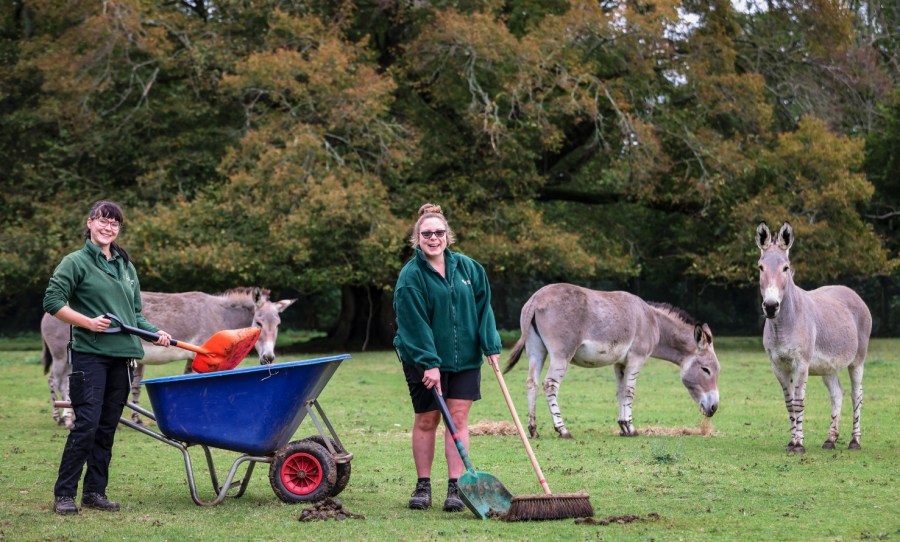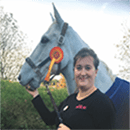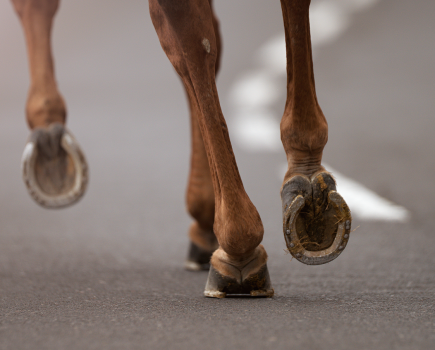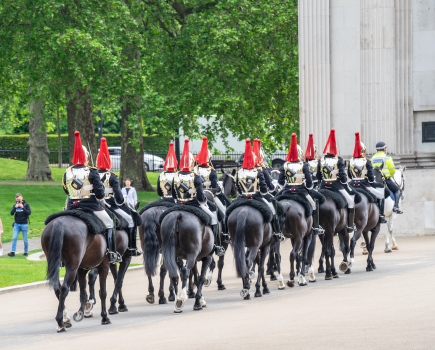Marwell Zoo has become the first of its kind to generate renewable energy using animal waste.
Zoo poo from endangered species such as Grevy’s Zebra, Scimitar Horned Oryx and Somali Wild Ass will heat the park’s largest buildings using biomass technology.
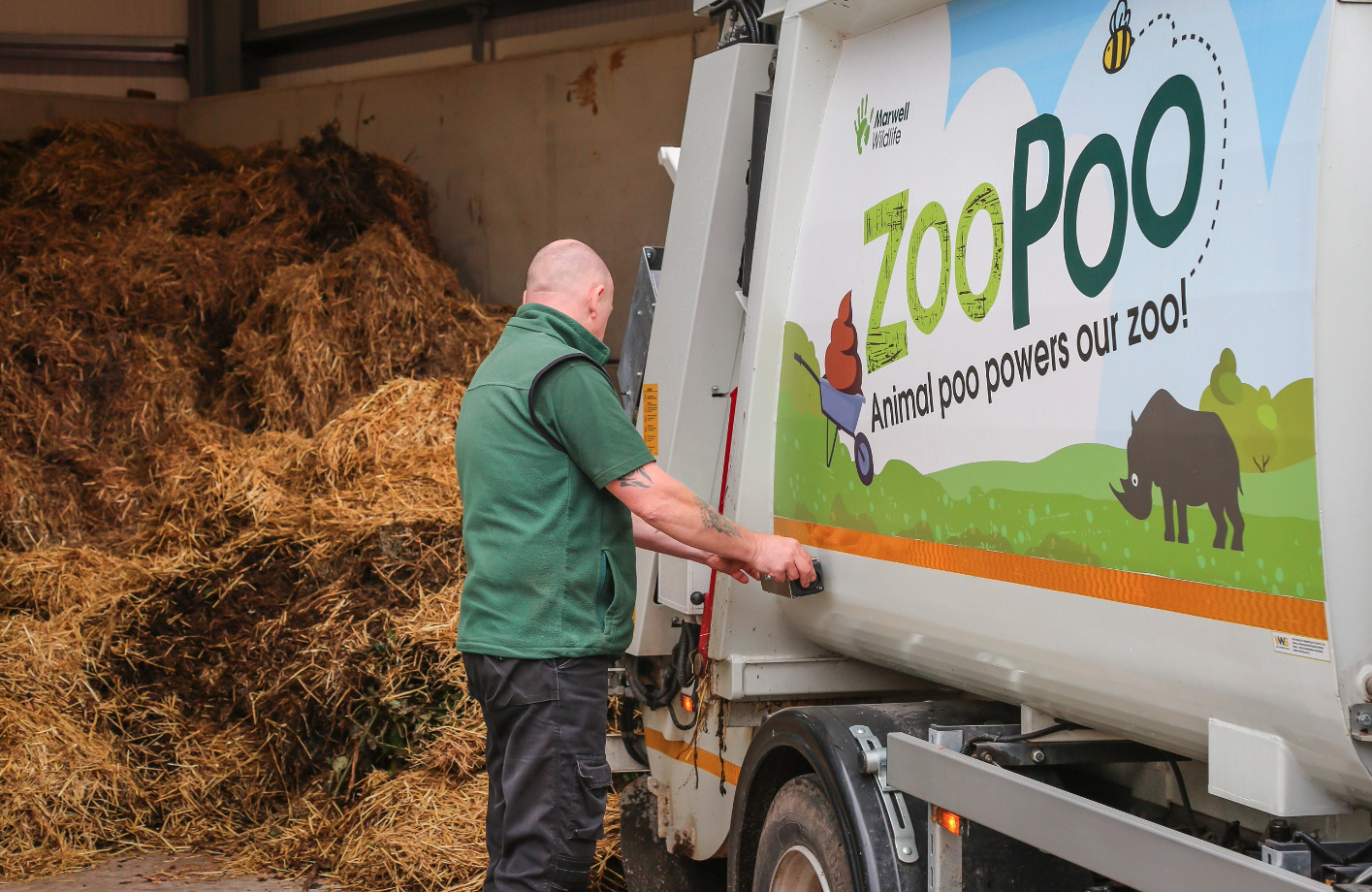
‘Zoo Poo’ is thought to be a world first
The world-first Energy for Life initiative is said to save 220 tonnes of CO2 equivalent each year, and marks a critical step in the conservation charity’s goal to become carbon neutral in 2022.
“Using heat in this way from our own animals is unique in the UK and as far as we know across the world,” said Dr Duncan East, head of sustainability.
“The urgent need to reduce the burning of fossil fuels and leave these high-carbon sources in the ground means we can’t act soon enough to replace the oil-fired heating systems in these buildings.
“Previously, 600 tonnes of animal waste was taken off-site to be composted, and this came with a significant carbon transport cost,” continued Dr East.
“We came up with the idea of biomass heat generation to reduce our carbon footprint and turn a previous waste stream into a valuable resource — achieving cost savings in the process.”
How it works
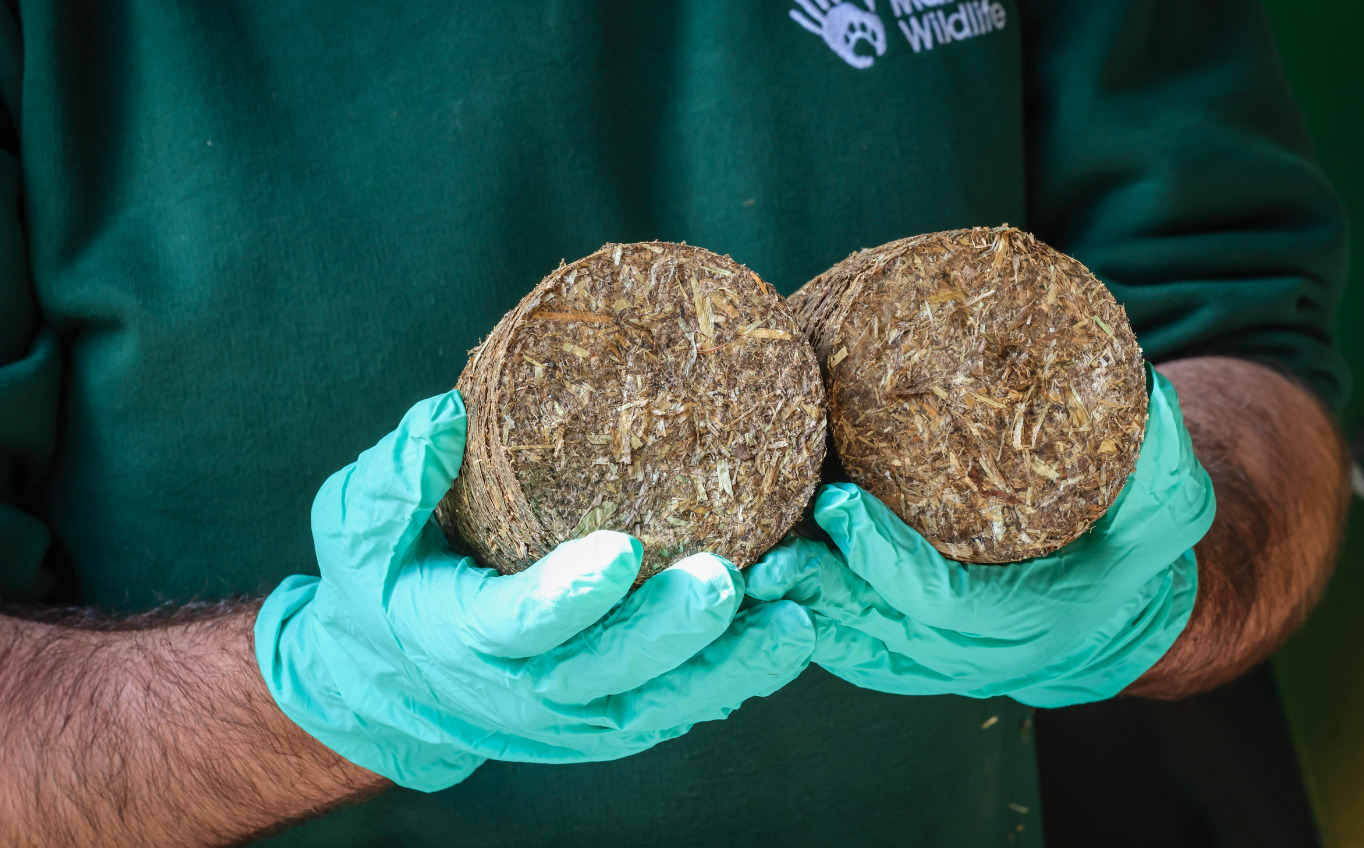
After the manure and bedding is shredded and mixed, it is dried and pressed into briquettes
Since the Energy for Life: Tropical House opened in 2018, Marwell has been working with experts to build a solution using a blend of different technologies so that the zoo’s unique animal waste can be processed into briquettes to fuel the new biomass boiler efficiently.
Zoo keepers sweep up the zoo poo from the animal paddocks and enclosures each morning before a mini refuse truck collects the waste and transports it to the Energy Centre.
A digger transfers the mixture of manure and bedding to a shredder for mixing, before it is then dried and pressed into briquettes, which are fed into the boiler.
The boiler produces hot water which is fed into a 15,000 litre thermal store, before flowing underground to heat the zoo’s Energy for Life: Tropical House.
The Tropical House’s resident animals include a Linne’s two-toed sloth, free-flying tropical birds and crocodile monitor lizards, as well as tropical plants, all of whom benefit from the warm humid environment.
The house’s roof is made from the latest ethylene tetrafluoroethylene technology, which offers natural light and provides good insulation.
Rainwater is harvested from the roof to water the plants within.
Reducing carbon output by 77%
The next phase of the biomass system is to provide heat to other buildings across the zoo and will benefit the Okapi, primates in Life Among the Trees, and staff who work in Grade 1 Listed Marwell Hall.
“Replacing oil-fired heating system with heat generated from waste from our own animals will hugely reduce our carbon footprint, and what better way than to make use of a material which is in abundant and continuous supply,” said Dr East.
A statement added that since 2008, Marwell has reduced its carbon output by 77% and champions renewable schemes in the local community.
“Marwell manages its own land both within the zoo and in the surrounding fields and woodland both to improve the biodiversity of native wildlife and to produce hay and browse (young leafy shoots) to feed to the animals,” it said.
“After eating, the waste from the animals is burnt for heat and the ash added to our compost process and then returned to the land.”
Images by Paul Collins/Marwell Zoo

